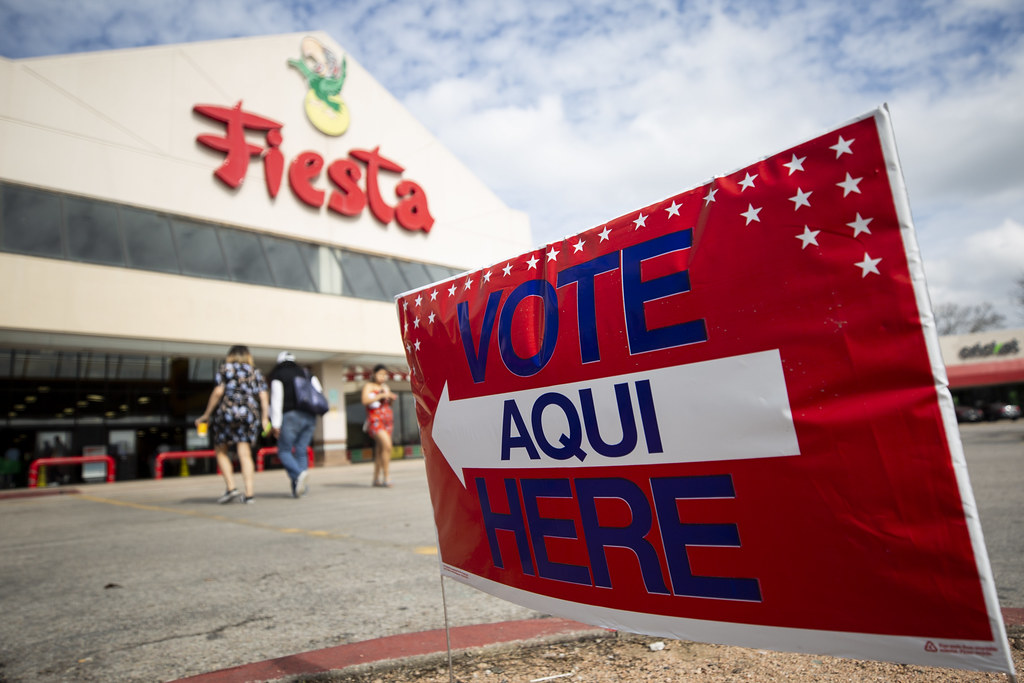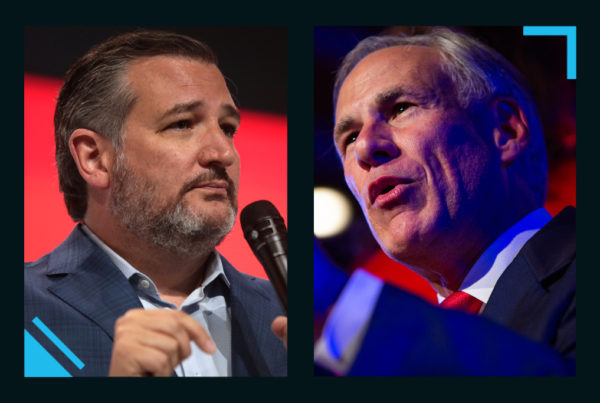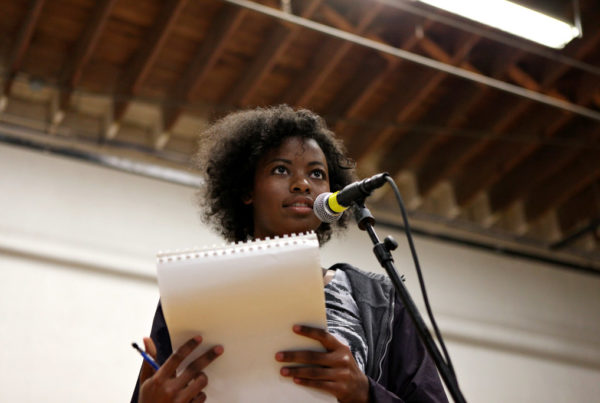The Iowa caucuses have long been the first test for candidates hoping to win their party’s nomination to become president. But voters in the Hawkeye state might not retain that spot much longer, at least for Democratic candidates.
The Democratic National Committee is considering allowing other states to hold primaries before the Iowa caucuses, during the 2024 election cycle, and Texas is among the states planning to make a pitch to the DNC.
Rebecca Deen is associate dean and associate professor of political science at the University of Texas at Arlington. She told Texas Standard that Texas’ diverse population could be a point in the state’s favor. Listen to the interview above or read the transcript below.
This transcript has been edited lightly for clarity:
Texas Standard: Why is the DNC considering this change to the primary calendar?
Rebecca Deen: Well, they want to be more competitive. They want to make sure that they have a process in place that will maximize the likelihood they win in November.
I think that’s pretty straightforward, of course, but you think about the role that, historically speaking, Iowa and other states New Hampshire, Nevada, South Carolina have played. Is there a sense that maybe they are not representative of the Democratic constituency?
That’s exactly right. They’re worried about representativeness, and they’re also worried about the process. So if you’ll recall to the last primary and caucus season, Iowa had a bit of a mess on its hands. Couldn’t get its results in quickly. And really, the trend is moving away from caucuses. In fact, in the next cycle, Iowa might be the only caucus.
Let’s fast-forward to what’s happening here in Texas to take advantage of this invitation. What are they saying about wanting to move up the nomination process here?
The DNC has suggested that they’ll have a series of criteria for how they choose who might get to leapfrog in front of Iowa or New Hampshire. And its ethnic diversity, geographic diversity, across all of the states that are in that early cluster, and then general election representativeness and competitiveness. And on that diversity front, I think, is where Texas has the strongest chance of being in that group.
There are a number of other states, though, that are interested – New York, Florida, Georgia. Especially Florida and Georgia might have a little bit more of an edge in terms of general-election competitiveness. But certainly in terms of diversity, Texas is holding its own and has a strong case to make.
Even if the DNC did give Texas the green light to move up in the Democratic primary calendar, it’s my understanding that the Texas Legislature, led by Republicans, would have to vote to approve it.
That’s exactly right. And moreover, Iowa and New Hampshire both have in their own state laws clauses that say that they get to go first – that New Hampshire gets to be the first primary and Iowa gets to be the first contest. And so you have that, you have state laws and then you have the fact that when the two parties have their contests on different dates, it can be very confusing for voters who are not habitual voters. And so there’s a little bit of a disincentive to disconnect those two contests. And since Republicans control things at the state level, they’re not likely to change just to accommodate Democrats.
For Republicans, is there any talk about the national GOP trying to change their primaries calendar?
I haven’t heard any talk to that end, no. And I just don’t see it happening. I mean, if you’ve paid attention to the Republicans over the last several cycles, they’ve kept their platform pretty status quo. They’ve kept their rules pretty status quo.
How much of a difference does it make to be first in the nation? And does it weigh more heavily when it comes to who ultimately nominated?
There’s two things to think about here: there is what impact it has on the final nominee, and then there’s also the impact on the process itself. So the first contests get the most attention. Iowa and New Hampshire make an argument that they’re small states, and so it’s retail politics, and the voters really get a good look at candidates, and that’s harder to do in a big state like Texas.
















